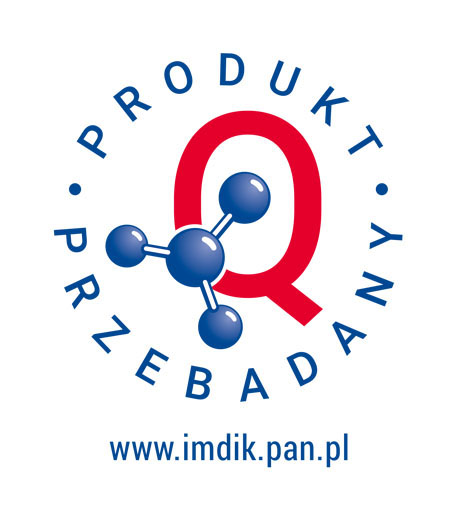Our current research is also focused on the comprehensive characterization of cancer cell resistance to the CD19 CAR-T therapy, searching for potential resistance markers and alternative targets for CAR-T therapy in CD19-negative cancers. Using in vitro cellular models of resistance to various clinical CAR products, we observed differences in the mechanism and rate of CD19 antigen loss, as well as other phenotypic changes that influence the effectiveness of immunotherapy. Moreover, in cooperation with the University Hospital in Oslo, we conduct research that focuses on the search for novel targets for CAR-T therapy in hematological malignancies. Another aspect of our research is the use of CAR-T immunotherapy in the treatment of solid tumors. Despite certain limitations, cell therapies are extremely effective in the treatment of some non-Hodgkin's leukemias and lymphomas but remain ineffective against solid tumors. For this reason, in our research we actively search for solutions that would significantly improve the effects of CAR-T cell therapy in solid tumors. The aim of our research is to develop a way to reduce non-specific antigen recognition on non-cancer cells and to minimize the adverse effects of the tumor microenvironment on these cells. The interests of our team are focused on three research strategies: 1) constructing CAR receptors under the control of factors specific to the tumor microenvironment 2) reprogramming the biology of CAR-modified cells to make them resistant to inhibitory signals present in the tumor microenvironment 3) targeting CAR-T cells against the cellular components of tumor microenvironment






